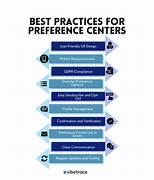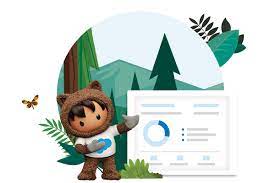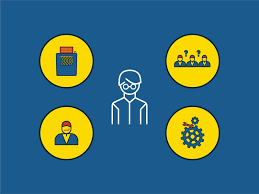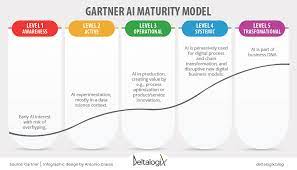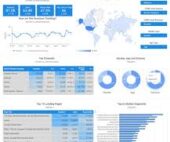July Changes to Preference Center
Privacy Center Update What’s the July Changes to Preference Center? Starting in July 2024, the Privacy Center app within the core platform now supports retention features. July Changes to Preference Center introduces a new Hyperforce-based retention store, allows for retention testing in sandboxes, and offers the option to mask data during retention. The new Hyperforce-based retention store can be provisioned using the core Privacy Center app, eliminating the need for Heroku or the Privacy Center managed package. The rollout of this new retention capability will be phased across regions, initially launching in Germany, Australia, and America East. You can spin up a retention store once it’s available in your region. For more details, refer to the Privacy Center’s Hyperforce-Based Retention Store FAQ. What action do I need to take? What if I don’t take any action? You can continue using the legacy Privacy Center app (managed package version) for data retention, but it will no longer be enhanced and will remain in maintenance mode. Heroku can still be used for managing data retention policies until the end of your contract. Where can I learn more about this upcoming change? Review the Privacy Center’s Hyperforce-Based Retention Store FAQ for more information. Like Related Posts Salesforce OEM AppExchange Expanding its reach beyond CRM, Salesforce.com has launched a new service called AppExchange OEM Edition, aimed at non-CRM service providers. Read more The Salesforce Story In Marc Benioff’s own words How did salesforce.com grow from a start up in a rented apartment into the world’s Read more Salesforce Jigsaw Salesforce.com, a prominent figure in cloud computing, has finalized a deal to acquire Jigsaw, a wiki-style business contact database, for Read more Service Cloud with AI-Driven Intelligence Salesforce Enhances Service Cloud with AI-Driven Intelligence Engine Data science and analytics are rapidly becoming standard features in enterprise applications, Read more

